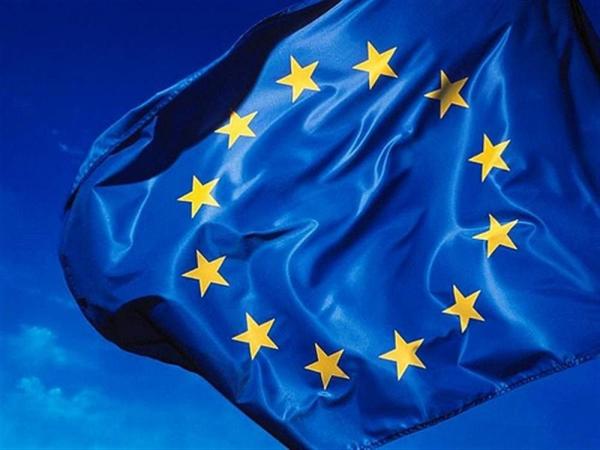The 2007 Lisbon Treaty marks a decisive stage in the EU’s evolution to a new kind of polity, which has been identified on this website as a democratic international organisation. The distinctive character of a DIO is that both the organisation and its member states are constitutional democracies. As the voters have dual citizenship, it is essential for the functioning of the polity that they cast their ballots in their proper quality. The unforeseen problem which the EU currently faces is that its Parliament will be chosen in 2024 by the wrong electorate.
Guest blog by Jaap Hoeksma.
Half a century ago the European Communities, which preceded the EU, described themselves in de Declaration on European Identity as a ‘Union of democratic States’.[1] Three years later, the member states realised that their union of democratic states also needed democratic legitimacy of its own. They decided to upgrade their parliamentary assembly to a directly elected Parliament and organised the first European elections in 1979. According to the 1976 Electoral Act, the voters were to cast their ballot as ‘citizens of the Member States, brought together in the Communities’.[2]
Theory of democratic integration
The theory of democratic integration holds that, if two or more states share the exercise of sovereignty in ever wider fields with the view to attain common goals, their organisation must be democratic too.[3] In line with this theory, the member states transformed their polity from an internal market to a transnational democracy. The 1992 Maastricht Treaty founded the EU and introduced the citizenship of the Union. The Treaty of Amsterdam of 1997 introduced the values of the Union, while the Charter of EU Fundamental Rights was proclaimed in 2000. The Treaty of Lisbon marks a new stage in the democratisation of the polity by constructing the EU as European democracy.
Transnational democracy
The incremental construction of a transnational democracy alongside the national democracies of the member states has great consequences for the electoral system of the polity. According to article 14 of the TEU the European Parliament is to represent the citizens of the Union rather than the ‘peoples of the Member States, brought together in the Communities’. As the drafters of the Lisbon Treaty were well aware of the far-reaching consequences of the substitution of the EU citizens for the nationals of the member states, the new treaty contains a specific instruction to the Council and the Parliament to lay down the provisions for a new electoral act.
Proper electorates
The aim of article 223 TFEU is to ensure that the European Parliament will be chosen by the citizens of the Union. The voters cast their ballot no longer in their capacity of nationals of the member states but rather as EU citizens. The electoral system of a democratic international organisation must ensure that the parliaments of the polity are chosen by the proper electorates. The citizens of the Union do not elect national parliaments and vice versa. This is not merely a question of principle but also has great practical consequences. In the concept of the outdated 1976 Electoral Act pan-European political parties were contradictory as the electorates consisted of the peoples of the member states. Transnational lists and lead candidates were illusory as well. In contrast, article 10 TEU stipulates that every EU citizen shall have the right to participate in the democratic life of the Union and that political parties at the European level shall contribute to expressing the will of the citizens.
Constitutional sin
As the EU is evolving from an internal market to a European democracy, it seems but self-evident that the electoral system of the polity should be transformed too. So far, however, the relevant institutions have failed to agree on a new electoral act.[4] The consequence of this dereliction of duties is that the voters will be asked in 2024 to cast their ballot in their capacity of nationals of the member states. So, the next European Parliament is to be chosen by the wrong electorate. In a democratic international organisation the election of parliaments by the wrong electorates amounts to a constitutional sin.[5]
[1] EC-Bulletin 1973-12
[2] W. van Gerven, The European Union: A Polity of States and Peoples, Stanford 2005
[3] J. Hoeksma, The Theory of Democratic Integration, Oisterwijk 2018
[4] In its meeting of 28 June 2023 the General Affairs Council failed to reach agreement on the proposal for reform of the 1976 Electoral Act, which had been approved by the European Parliament in May 2022.
